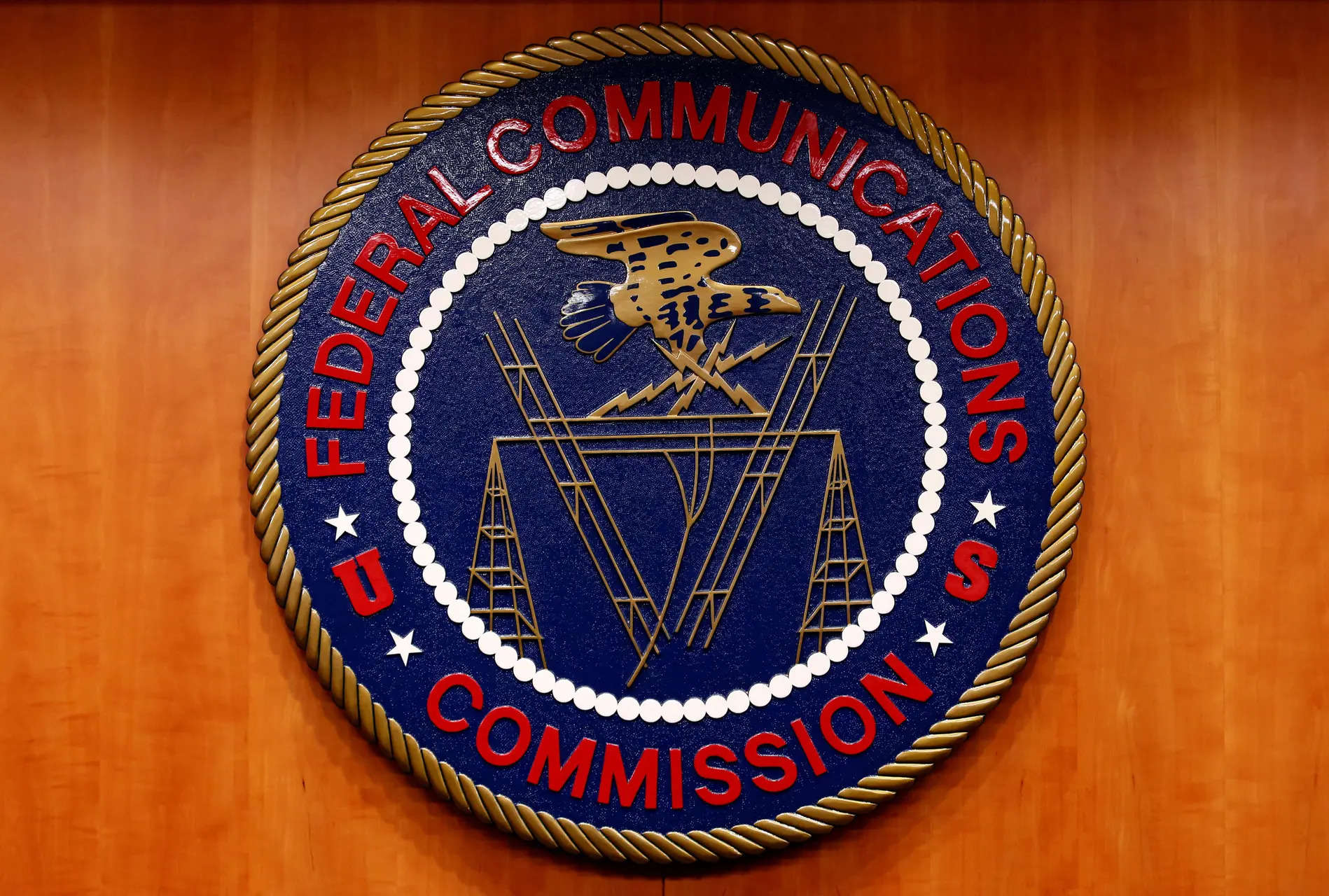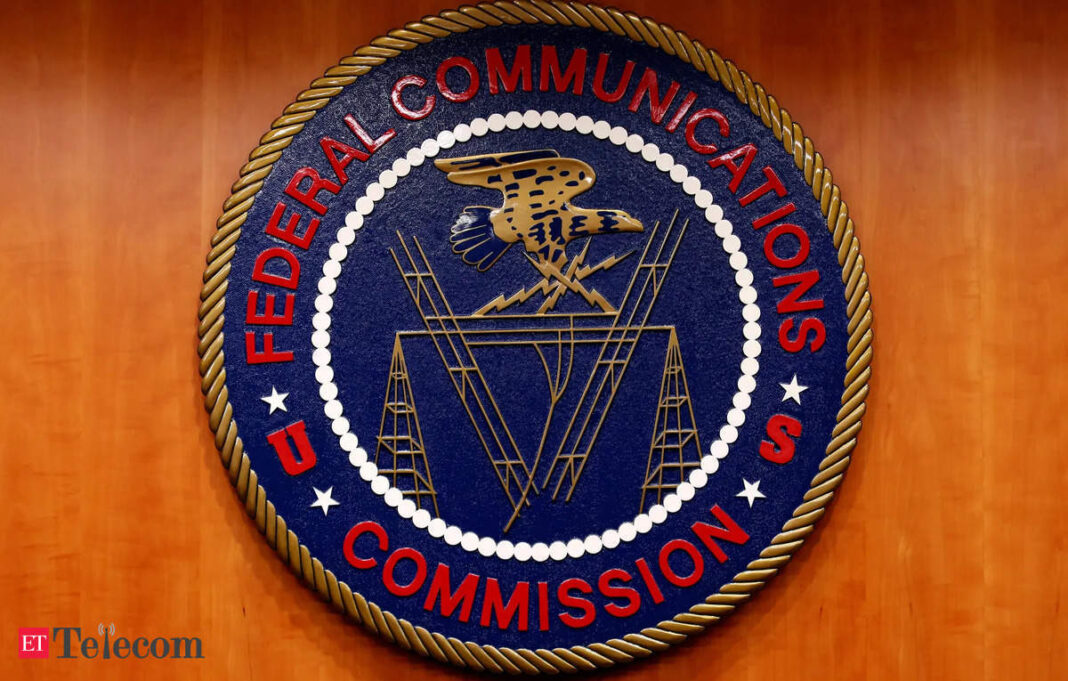In Short:
Republican attorneys general from 14 states, led by Arkansas and Indiana, have sued the FCC over a new rule that caps phone call charges for inmates, claiming it limits needed funding for prisons. The FCC, set to implement the rule in November, argues it will save incarcerated individuals and their families about $386 million yearly by drastically reducing call costs—from as much as $11.35 to 90 cents for 15 minutes. The FCC believes the rule helps maintain family connections and reduce reoffending. The lawsuit argues that the rule is unfair and could hinder safety and law enforcement efforts.

By David Shepardson
Legal Challenge Against FCC’s Phone Rate Cap for Inmates
In an intriguing twist of events, **Republican attorneys general** from **14 U.S. states**, spearheaded by **Arkansas** and **Indiana**, have decided to challenge the **Federal Communications Commission’s (FCC)** recent move to limit the fees that prisons and jails can charge inmates for phone use.
What’s at Stake?
The lawsuit, which was officially filed on Monday with the **8th U.S. Circuit Court of Appeals** in St. Louis, criticizes the FCC’s regulation for capping the revenue that these facilities can earn from inmate calls. Those behind the lawsuit claim that this regulation undermines the financial support these facilities rely on.
FCC’s Position
The FCC, on the other hand, believes that their rule, which was put into motion in July and set to take effect in November, is a step toward justice. They estimate that it will significantly reduce expenses for around **2 million** incarcerated individuals and their families, saving approximately **$386 million** annually.
According to **FCC Chair Jessica Rosenworcel**, the regulation aims to address “the unconscionable rates families of the incarcerated pay for communications.” She adds that maintaining contact with family members can notably lower the likelihood of reoffending after release.
Supporters Voice Concerns
States joining the legal fight include **Alabama**, **Florida**, **Georgia**, **Idaho**, **Iowa**, **Missouri**, **Ohio**, **South Carolina**, **South Dakota**, **Tennessee**, **Utah**, and **Virginia**. These states argue that the FCC’s ruling is “arbitrary, capricious, and an abuse of discretion.” **Iowa Attorney General Brenna Bird** expressed her concerns, stating that the FCC’s restrictions could hinder the identification of safety risks and complicate law enforcement duties.
FCC Responds
In response to the lawsuit, a spokesperson for the agency emphasized the urgency of their cause, asserting that “the moral and legal authority to stop these predatory rates that harm families and increase recidivism is on the side of the FCC’s bipartisan action.”
What Changes Are Coming?
Under the proposed regulations, the cost for a 15-minute phone call will decrease dramatically from as much as **$11.35** in larger jails to just **90 cents**. For smaller jails, the price will drop from **$12.10** to **$1.35**. While inmates cannot receive phone calls, families can schedule video calls through specific providers, with costs for video visitation also capped for the first time—ranging from **11 to 25 cents a minute**, significantly lower than current rates, and additional fees will be eliminated.
This initiative follows a **2023 Congressional law** granting the FCC broad powers to reduce the costs of inmate calls, especially after a previous set of caps established by the agency were overturned by a court ruling in **2017**.




